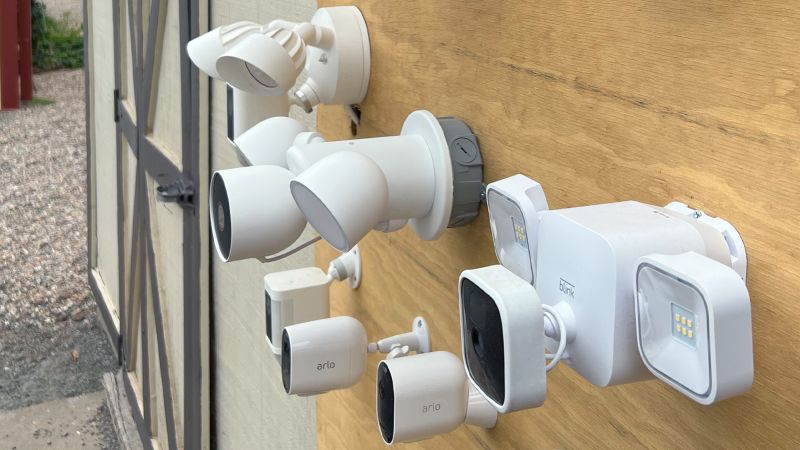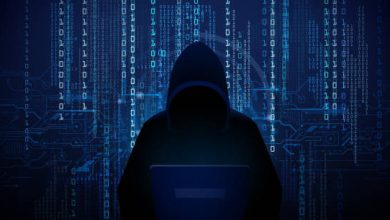Home security cameras are increasingly popular for enhancing safety and providing peace of mind. However, along with their benefits, they also bring up significant privacy concerns that homeowners must consider. Being mindful of these issues is essential for making responsible decisions about installing and using a home security camera Wakefield around your property.
Navigating Privacy Issues with Home Security Cameras
- Legal Consideration
Before installing security cameras, it is crucial to understand the legal framework governing their use. In the UK, the Data Protection Act and the GDPR (General Data Protection Regulation) outline rules for capturing, storing, and using footage that includes individuals. Adhering to these regulations is essential to avoid legal consequences and ensure that your use of cameras respects the privacy rights of others.
- Placement Coverage
Strategically placing security cameras is the key to balancing security needs with privacy concerns. Avoid pointing at neighbouring properties or public spaces where individuals. Instead, focus your home security camera Leeds on your property boundaries and areas requiring surveillance to protect against trespassing and theft.
- Notification and Content
Informing others about security cameras is a responsible practice that promotes transparency and respect for privacy. Displaying visible signs prominently notifies visitors and passersby that surveillance is in operation, enhancing awareness and deterring potential intrusions. Moreover, if your cameras have the potential to capture images or footage of neighbouring properties, it’s advisable to engage in open dialogue with neighbours. Seeking their consent where applicable fosters goodwill and demonstrates consideration for their privacy concerns, maintaining positive relationships within the community.
- Use of Audio Recording
Some security cameras offer audio recording capabilities, which introduce additional privacy considerations. Audio recordings can inadvertently capture private conversations or other sensitive information without consent. Before enabling audio recording, understand the legal implications and assess whether it is necessary for your security objectives. If you choose audio usage, ensure it complies with applicable laws and regulations.
- Data Security
Protecting the footage captured by your security cameras is paramount for safeguarding both privacy and security. Opt for camera systems that use encrypted data transmission and storage methods to thwart unauthorised access attempts. Regularly updating passwords and firmware further fortifies against potential security breaches. It is essential to establish rigorous protocols for securely storing and deleting footage, ensuring that access is strictly limited to authorised individuals to maintain confidentiality and compliance with privacy regulations.
- Monitoring and Access
Limiting access to surveillance footage is essential to protecting privacy rights. Ensure that only designated individuals, such as household members and trusted security professionals, have access to camera feeds. Establish clear guidelines on who can access footage, for what purposes, and how long it will be retained; regularly review access logs; and audit camera usage to prevent misuse and uphold privacy standards.
Last But Not Least
While home security cameras are valuable tools for enhancing safety and security, they must be deployed and managed with careful consideration of privacy concerns. By adopting these practices, homeowners can confidently enjoy the benefits of enhanced security while maintaining respect for personal privacy and community relationships.
While home security cameras offer significant benefits in enhancing safety and monitoring property, they also come with notable privacy concerns that warrant careful consideration. The potential for unauthorized access to video feeds, data breaches, and the unintended surveillance of individuals in private spaces underscores the need for robust security measures and privacy practices. It is crucial for homeowners to understand the implications of their camera systems, from selecting reputable brands with strong security protocols to configuring settings to limit data access and sharing. Additionally, staying informed about evolving privacy laws and regulations can help ensure that security measures align with legal standards and respect personal privacy. By taking these steps, individuals can better balance the security advantages of home cameras with the imperative to protect personal privacy.





